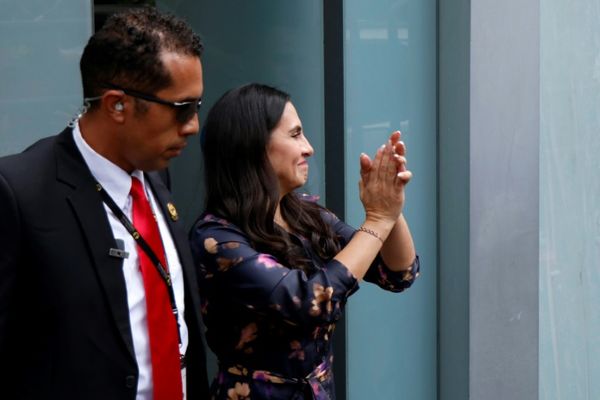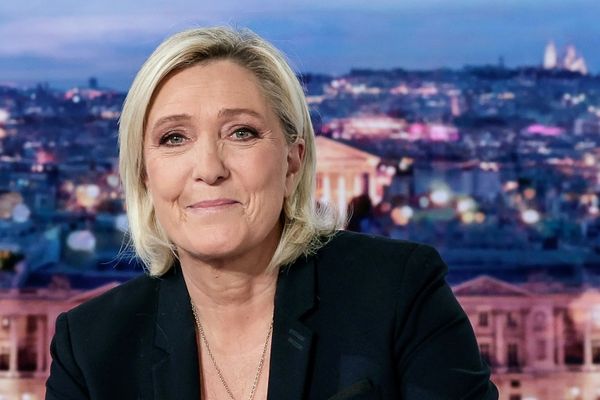
Washington (AFP) - US President Joe Biden urged Americans to leave Ukraine immediately, as his top diplomat said Friday that a Russian invasion could come "any time" -- including during the Winter Olympics, which end in nine days.
With Moscow continuing to amass tens of thousands of troops on the Ukraine border, and talks to avoid war making little headway, Biden issued a stark warning for US citizens to get out.
"American citizens should leave, should leave now," Biden told NBC News."We're dealing with one of the largest armies in the world.This is a very different situation and things could go crazy quickly."
On the other side of the world in Melbourne, his Secretary of State Antony Blinken huddled with Asia-Pacific allies, stressing that Russian President Vladimir Putin may be days, or even hours away from launching a war in continental Europe.
"We're in a window when an invasion could begin at any time, and to be clear that includes during the Olympics," Blinken said, brushing aside suggestions that the veteran Russian leader would wait until the Beijing Games end on February 20 to avoid upstaging his Chinese allies.
"Simply put, we continue to see very troubling signs of Russian escalation," Blinken said.
Live-fire drills
Observers have described the gathering of Russian forces on three of Ukraine's flanks as the largest show of force since the Soviet Army marched on Berlin at the end of World War II.
Some US estimates put the number of Russian soldiers at 130,000, grouped in dozens of combat brigades.
On Thursday, Russia rolled its tanks across Belarus for live-fire drills. Washington has said that around 30,000 soldiers were involved, coming from locations that included Russia's Far East.
Russia has also sent six warships through the Bosphorus for naval drills on the Black Sea and the neighboring Sea of Azov.
Kyiv condemned their presence as an "unprecedented" attempt to cut off Ukraine from both seas.
Kyiv has launched its own military drills expected to mirror Russia's games, but officials have said little about them out of apparent fear of escalating tensions.
'Difficult talks'
With the drumbeat of war growing louder, the already intense push by European leaders to find a diplomatic solution gained a new sense of urgency.
Russia is seeking written guarantees that NATO will withdraw its presence from eastern Europe and never expand into Ukraine.
The United States and its European allies have officially rejected Russia's demands.
"Difficult talks" between German, Russian, Ukrainian and French representatives broke late Thursday, with the quartet agreeing to meet again in March.
Blinken insisted that the United States "would strongly prefer to resolve the differences" with Russia "through diplomacy".
"We've made every possible effort to engage Russia," he said.
"But at the same time, we've been very clear in building deterrence and building defense and making it clear to Russia that if it chooses the path of renewed aggression, it will face massive consequences."
In Moscow, British Foreign Secretary Liz Truss reported receiving promises from her Russian counterpart Sergei Lavrov that the Kremlin had no plans to invade Ukraine.
"We need to see those words followed up by actions," she told reporters after the talks.
But Lavrov said he was "disappointed" by the talks, saying the military drills and the movement of troops across Russia's own territory had spurred "incomprehensible alarm and quite strong emotions from our British counterparts and other Western representatives".
Earlier in the week, French President Emmanuel Macron traveled to Moscow and Kyiv, before briefing German Chancellor Olaf Scholz about progress in Berlin.
Scholz himself will travel to Kyiv and Moscow in the coming days for separate meetings with leaders -- including his first in-person meeting with Putin.
"Russia should not underestimate our unity and determination as a partner in the EU and as an ally in NATO," Scholz said.







